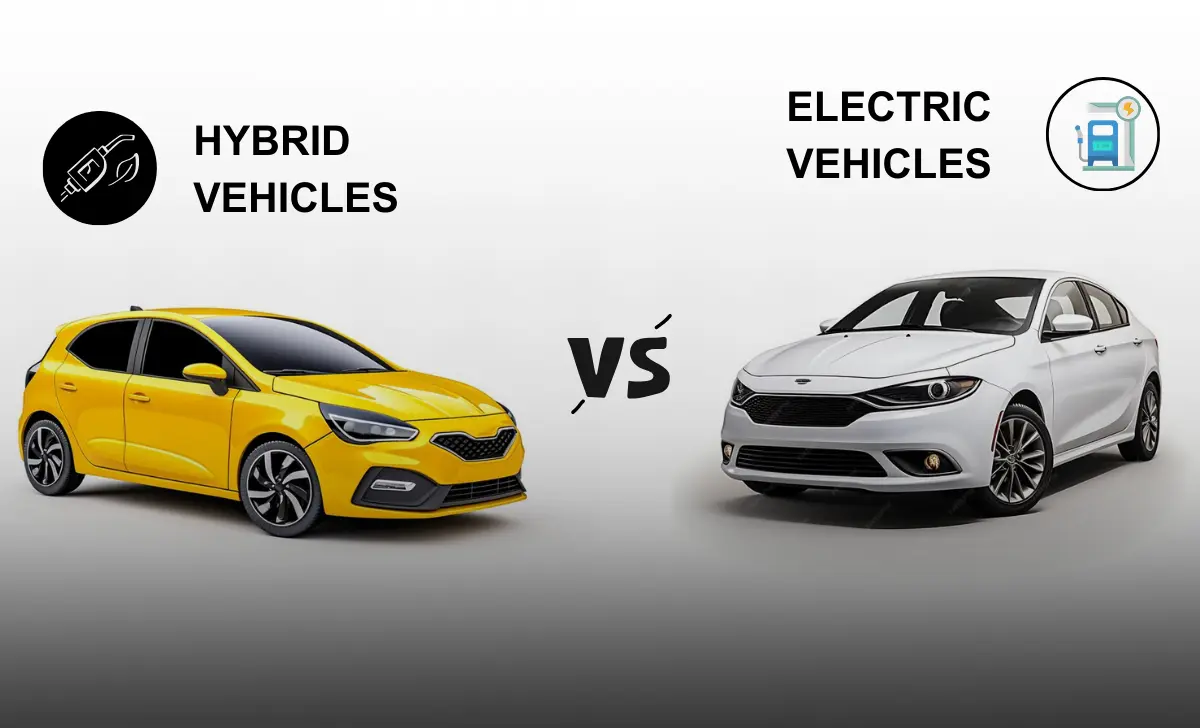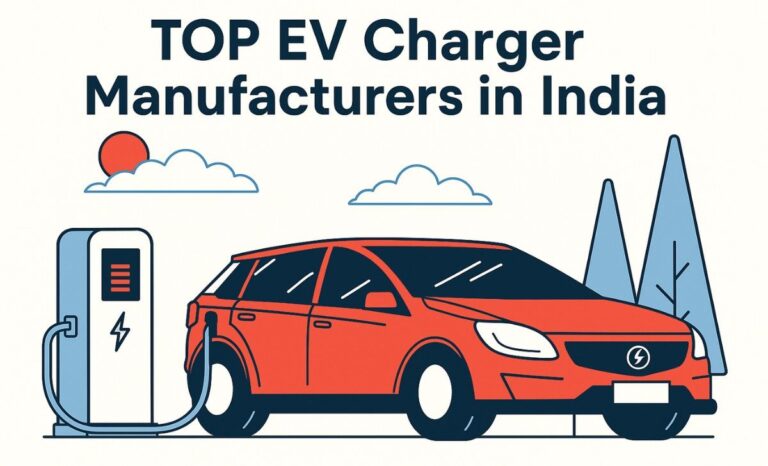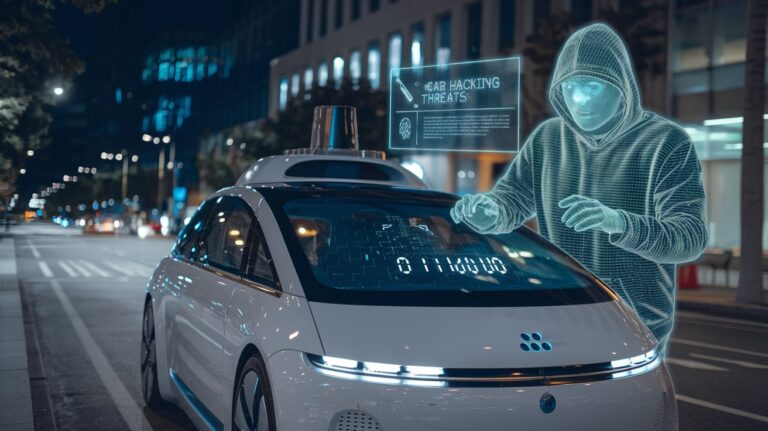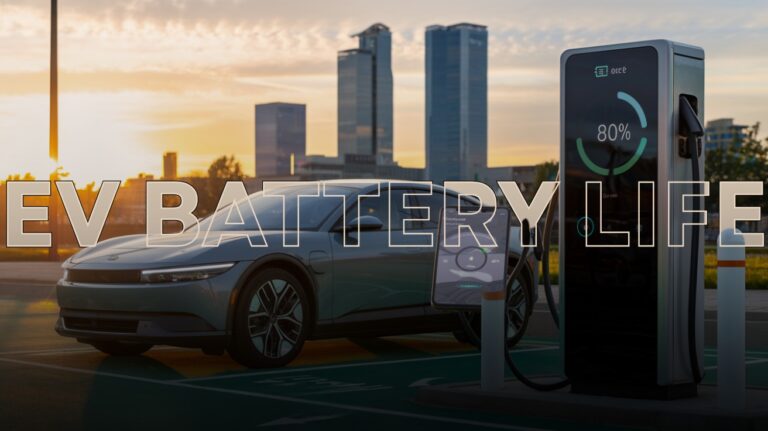What automakers focus on hybrids and not EVs?

Welcome to the forefront of sustainable mobility! Dive into the captivating realm of electric and hybrid vehicles, where innovation meets environmental consciousness.
Electric vehicles (EVs) have captivated imaginations worldwide, promising emission-free driving and reduced reliance on fossil fuels. Yet, within this progressive landscape, a significant shift is underway within the EV industry—a growing emphasis on hybrid vehicles. It is important to ask why this strategic reversal happened. Let’s unravel the enigma.
Several factors are steering this transition. Firstly, the expansion of EV charging infrastructure remains sluggish, hampering widespread adoption. Additionally, while EV prices are decreasing, they still pose affordability challenges for many consumers compared to hybrids, which offer a more accessible entry point into the green vehicle market.
Plug-in Hybrid Electric Vehicles Market 2024-2028
- Revenue is projected to reach ₹16.3 trillion.
- Annual growth rate (CAGR 2024–2028) of 3.83%.
- Market volume is projected to be ₹18.9tn by 2028.
- Unit sales are expected to reach 3.60 million vehicles in 2028.
- The volume-weighted average price is projected to be ₹5.1 million in 2024.
- China will generate the highest revenue at ₹8,947bn in 2024.
- Rising global demand for hybrid vehicles, with Norway leading in adoption and market growth.
Sourse: statista.com
Noteworthy industry players, including Aston Martin, Mercedes-Benz, Bentley, and Polestar, have revised their electrification timelines, delaying full-scale EV lineups in favor of introducing key hybrid models first. This shift echoes across continents, with Indian automakers like Toyota, Maruti, and Honda also showing a preference for hybrids over electric cars. These companies advocate for incentives to make hybrids more affordable, resulting in a noticeable uptick in the hybrid market share.
Now, let’s explore the key reasons driving this industry shift towards hybrids as we delve into the complex factors shaping the future of sustainable mobility.
- Reliability: Hybrids have become increasingly popular because of their well-established reputation for reliability, a quality that strongly appeals to consumers in search of dependable transportation options. Modern hybrid vehicles seamlessly integrate electric and gasoline power, ensuring smoother driving experiences and providing a safety net with dual power sources.
- Affordability: Hybrid electric vehicles (HEVs) have gained favor due to their comparative affordability. Market data reveals that hybrids are typically more cost-effective than EVs, dominating a significant share of total passenger vehicle sales.
- Charging Infrastructure: While EV charging infrastructure expands, it still lags behind fuel stations, posing challenges for electric vehicle owners, especially on long journeys. Hybrids offer the benefit of refueling at any fuel station, making them more practical, particularly in areas with limited charging stations.
- Range Anxiety: A significant concern related to EVs is range anxiety, which arises from the scarcity of charging infrastructure and extended charging durations. Hybrids offer a solution by combining the security of an internal combustion engine with the efficiency of an electric motor, providing peace of mind during longer trips.
- Advantages of Regenerative Braking: In hybrids, regenerative braking provides clear benefits by efficiently capturing energy and prolonging the lifespan of brake components. This flexibility enhances both performance and sustainability, giving hybrids an edge over solely electric vehicles.
- Environmental Impact: Hybrids mitigate environmental concerns associated with EVs by offering a dual-power system with reduced reliance on lithium-ion batteries and minimizing the environmental impact of production processes.
- Technological Challenges: Electric vehicles face ongoing technological challenges, including limited range and performance capabilities, which can lead to consumer hesitation. Hybrids benefit from a longer presence in the market, boasting brand recognition and established consumer trust.
As evidence of the increasing preference for hybrids, a recent survey by the Economic Times highlights a significant shift in consumer favor towards hybrid and plug-in hybrid electric vehicles (PHEVs) compared to battery electric vehicles (BEVs).
In conclusion, the burgeoning preference for hybrid electric vehicles underscores their myriad benefits. While hybrids lead the charge, the significance of purely electric vehicles remains undeniable. As the automotive industry continues to innovate, time will reveal which technology emerges as the frontrunner in shaping the future of sustainable transportation.




